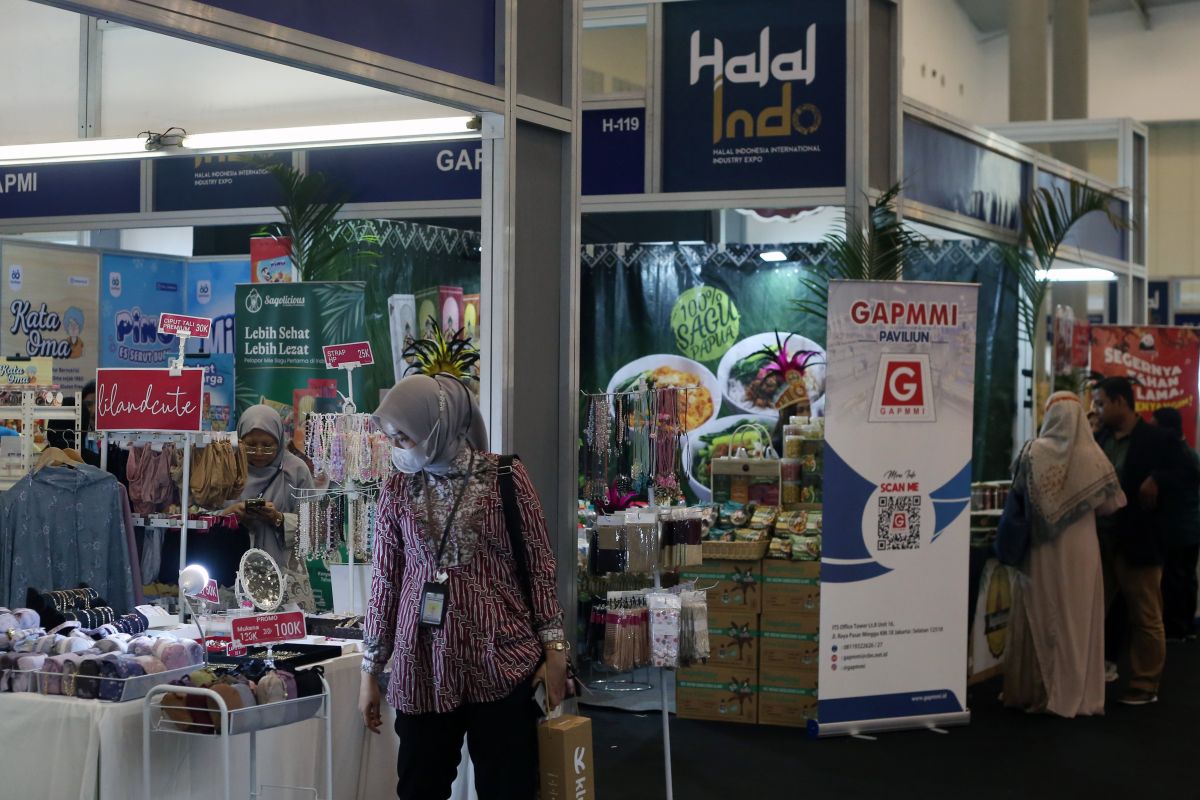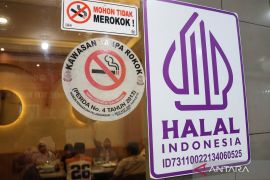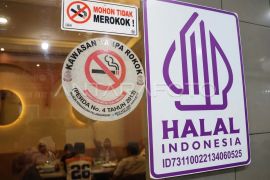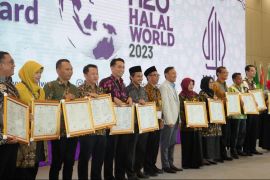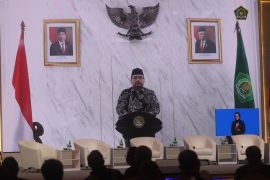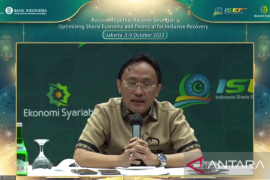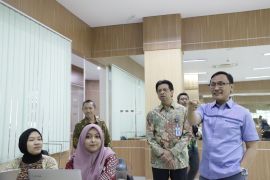These areas include increasing halal product literacy, improving service quality, and strengthening collaboration in halal product assurance.
"The development of halal research centers in universities has also been included in the plan and will be encouraged through the State University Research Operational Assistance budget to support innovation based on local excellence," Minister of National Development Planning Rachmat Pambudy noted in a statement on Wednesday.
During a meeting with the Head of the Halal Product Guarantee Organizing Agency (BPJPH), Haikal Hassan, Pambudy emphasized the urgency of strengthening Indonesia's halal product ecosystem.
Indonesia is strategically positioned within the global halal ecosystem, as evidenced by its improved score of 80.1 on the 2023 Global Islamic Economy Indicator, ranking third worldwide.
Indonesia's commitment to developing halal products is further supported by Government Regulation Number 42 of 2024, which addresses the implementation of halal product assurance.
This regulation mandates halal certification for all products circulating in Indonesia, simplifies the certification process through self-declaration, and offers free certification submissions for micro and small businesses.
The performance of BPJPH is also seen as continuing to show significant improvement.
As of January 18, 2025, a total of 93,661 regular halal certificates (SH) and 2,012,710 certificates in the self-declared category have been issued.
In total, there are 5,815,583 halal-certified products, predominantly in the self-declared category, which constitutes 61.36 percent.
West Java leads in the number of halal-certified products under the regular scheme, with 410,963 products.
Pambudy noted that the increase in halal-certified products, supported by 33 halal assessment bodies across 16 provinces, signifies a genuine commitment to positioning Indonesia as a global hub for the halal economy.
He expressed hope that collaboration with BPJPH will become a strategic step to boost the growth of a globally competitive and inclusive halal economy.
Related news: Indonesia's halal product trade reaches $53.73 billion in 2024
Related news: Sale of non-halal goods permitted with conditions: BPJPH
Translator: M. Baqir Idrus Alatas, Yashinta Difa
Editor: Anton Santoso
Copyright © ANTARA 2025
